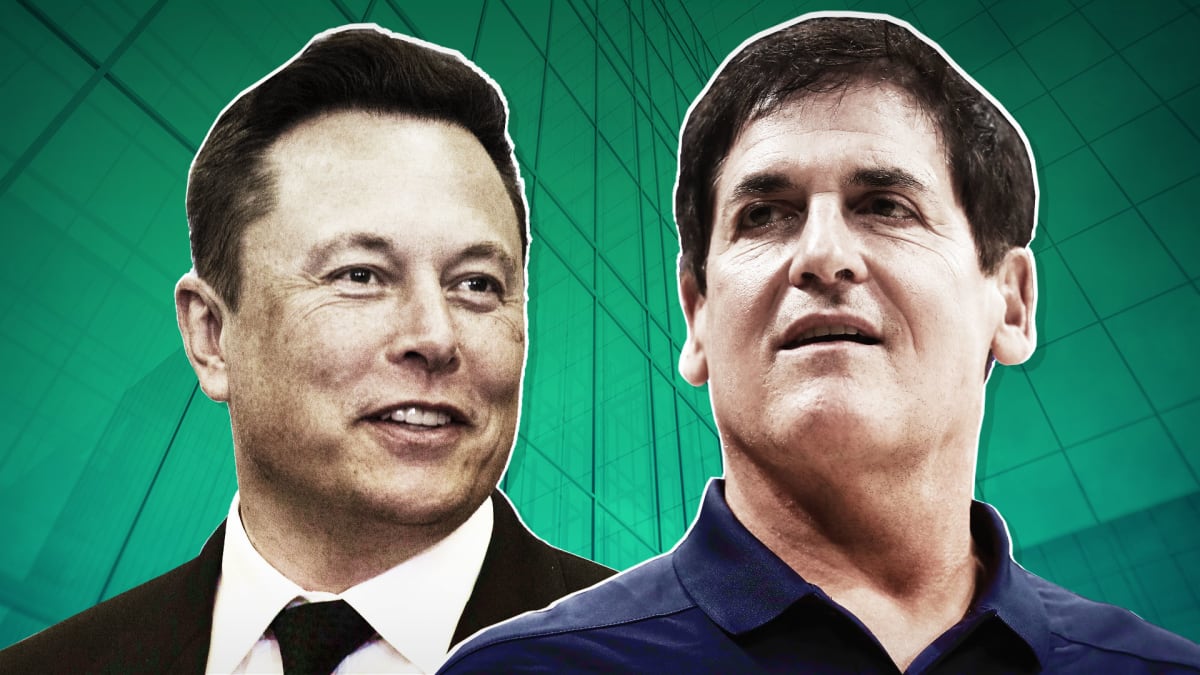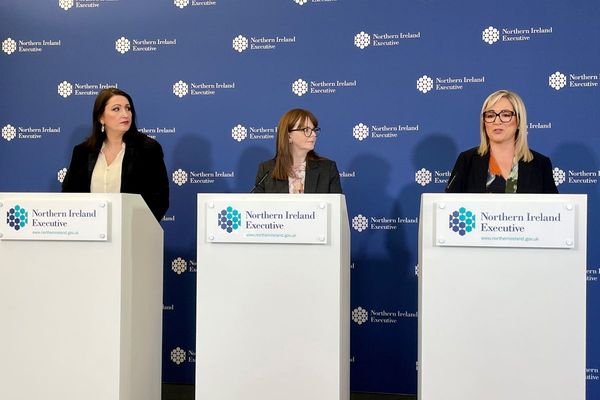
The covid-19 pandemic has disrupted society as a whole.
Businesses and institutions had to change the way they do things. Consumers also had to adapt.
In education, this has led schools, universities and colleges to rethink the way they operate, in order to integrate the expectations of a generation of students who had to learn to do everything virtually.
Faced with these new difficulties, universities, and in particular elite colleges, have taken the decision to make the SAT and ACT admission tests optional for undergraduates.
Basically, these tests, whose purpose is to test the academic knowledge of students in English and Math, are no longer mandatory. The candidates have the option to submit them or not. Not submitting them is not a direct elimination as in the past.
Columbia University Has a New Policy
Previously, SAT and ACT tests automatically eliminated candidates with low scores. In elite colleges, they were an important part of the applicant selection process.
While the supporters of these tests believe that they make it possible to select the best candidates, their opponents believe that they give an advantage to candidates from privileged backgrounds, because they have the means to better prepare for these tests. Consequently, these tests can be seen as a barrier to the access of students from disadvantaged economic backgrounds, like Black and Latino minorities, to elite colleges.
Three years into the pandemic, some universities have decided to make the submission of the SAT and ACT admission tests optional permanently. Now applicants have a choice to provide them or not. And for those who provide them, this is not necessarily an advantage over those who decide not to.
This is the case with the prestigious Columbia University in New York, as prospective undergraduate students will no longer have to take these standardized tests to be considered for admission.
"The holistic and contextual application review process…is rooted in the belief that students are dynamic, multi-faceted individuals who cannot be defined by any single factor," the school said in a statement. "Our review is purposeful and nuanced — respecting varied backgrounds, voices and experiences — in order to best determine an applicant's suitability for admission and ability to thrive in our curriculum and our community, and to advance access to our educational opportunities."
For the other Ivy League schools -- Harvard, Princeton, Yale, Dartmouth, Cornell, Brown -- the suspension of these tests remains temporary.
Nevertheless, Columbia's decision has prompted many supporters of standardized tests to protest on social networks. This is the case with Tesla (TSLA) CEO and billionaire Elon Musk, who believes that this has become a serious problem in universities.
Musk Condemns Columbia Decision
The techno king was commenting on a tweet from legendary venture capital investor Marc Andreessen. In the tweet, Andreessen agreed with a Twitter user that Columbia's decision was a victory for Affirmative Action in elite colleges at the expense of meritocracy. The user had adopted the narrative of the conservatives who believe that every time a decision is made for more equity across people from different socio-economic backgrounds, the goal is to unfairly favor minorities at the expense of White people.
"The entire US elite system is ditching merit in favor of an affirmative action regime. No test scores for college, no LSAT for law school, soon no MCAT for med school," the user wrote, also referring to tests which Columbia did not include in its decision.
"Yes," Andreessen replied.
"Very few Americans seem to realize the severity of the situation," Musk commented on March 4.
Another billionaire completely disagrees with this narrative. This is Mark Cuban, the star of the hit TV show "Shark Tank." For Cuban, SAT tests don’t constitute a good indicator of a good employee or a good business founder. In addition, breakthroughs in artificial intelligence (AI) should be a game-changer in terms of assessing academic potential, argues the billionaire.
Cuban Disagrees
"When was the last time you asked a job applicant or founder their SAT score? Kids learn differently today. AI will play a far greater role, analyzing skills/academics contributing to future success. If the SAT is state of the art, why not test potential employees the same way?" Cuban tweeted at Musk and Andreessen.
The latter did not respond, but a Twitter user then intervened to point out to Cuban that the problem is the promotion of diversity.
"The SAT part isn’t the problem, Mark. It’s the affirmative action part. The hyper-focus on diversity of immutable characteristics instead of the qualities/qualifications of a person. Have you ever been on a plane and thought 'I hope my pilot was hired for their diversity!'" the user said.
"Diversity isn't about hiring less qualified candidates to check a box. It's about extending your search to include ALL qualified candidates. Particularly those that may not traditionally have access to your hiring or training pipeline," replied the owner of the NBA franchise Dallas Mavericks.
He continued: "I invested in @scoutible specifically because soft skills can often be a better indication of work success than what HR departments traditionally do for talent evaluation."
"Certain professions have knowledge base requirements, as they should, not everyone can be a doctor. But a doctor who can relate to patients in unique ways because of their 'immutable characteristics' may have a greater impact on patient health and wellness outcomes."







